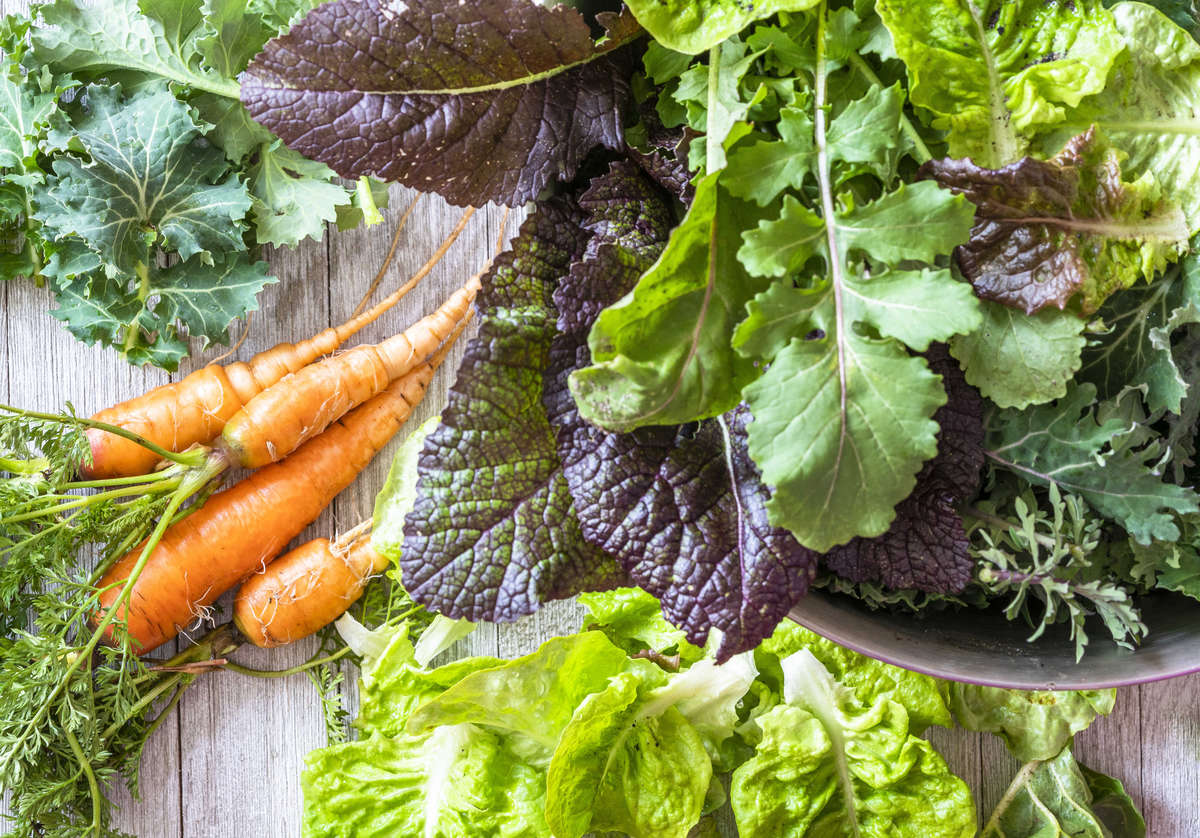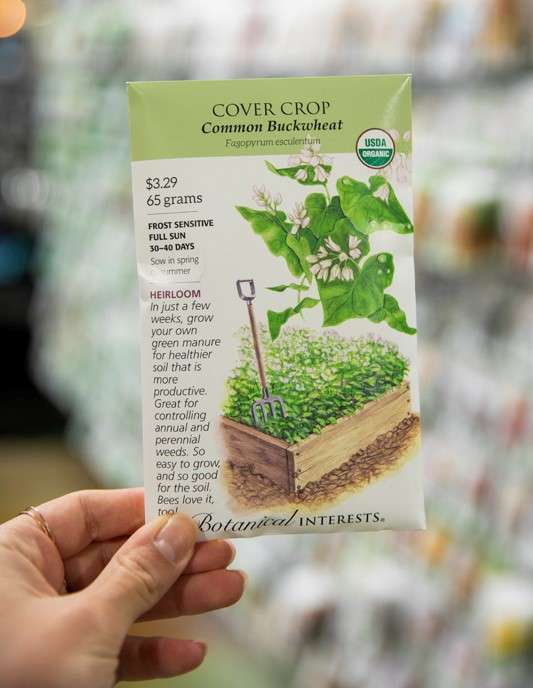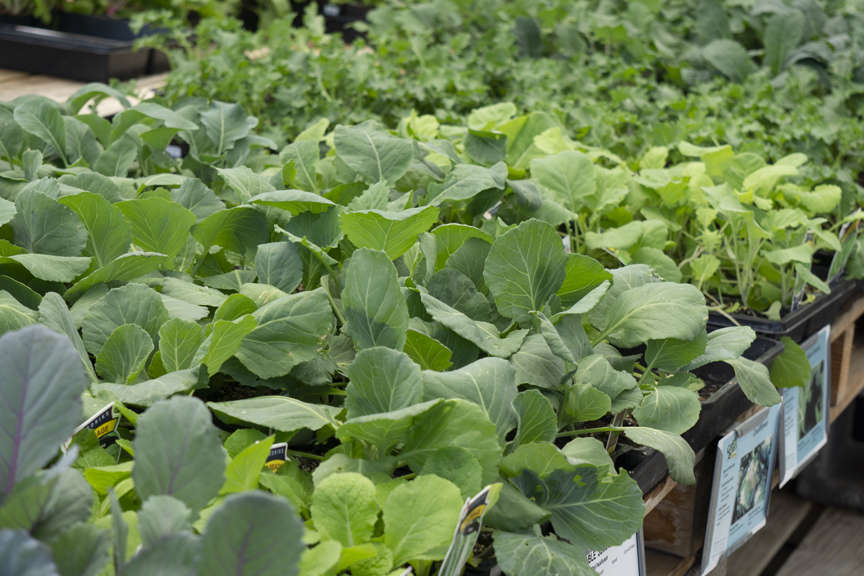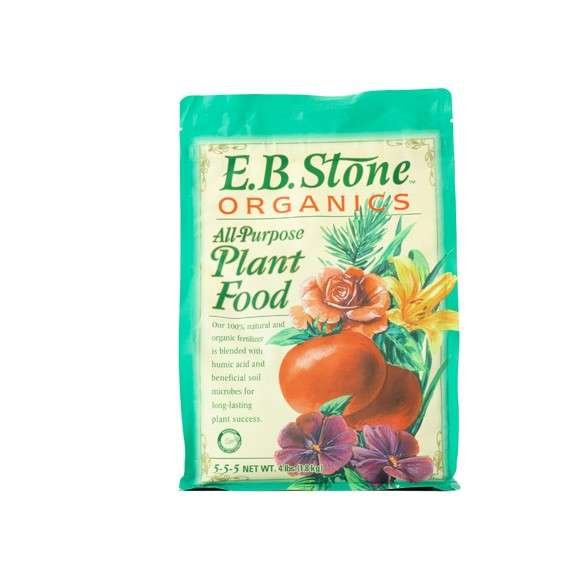
Vegetable Gardens

Winter Veggie Gardening
This is our favorite time of year—tomatoes are plentiful, there’s enough zucchini for the neighbors, and we’re pickling to enjoy when the season’s over. Hard to believe it’s time to talk winter veggies. Let's look at some of the benefits and planting timeline of winter gardening.
Benefits Of A Winter Garden
Winter gardens’ root zones keep soil alive and improve soil depleted by intensive summer gardening. It is better to have a winter garden than no garden, so if you don’t want winter veggies, consider putting in a cover crop. Cover crops have the nickname “green manure” for their ability to improve and regenerate exhausted summer soil into soil that is recharged and ready for spring.
The food value of winter crops is very high. We tend to only eat summer veggie fruit, but winter veggies often offer leaves, roots, stocks and all—a great return on investment!
Diseases, pests and weeds are also reduced in winter gardens. And you get to water so much less often. Cooler weather, rain, responsible growth—as opposed to the rocket speed of summer—all equal fewer problems.
The food value of winter crops is very high. We tend to only eat summer veggie fruit, but winter veggies often offer leaves, roots, stocks and all—a great return on investment!
Diseases, pests and weeds are also reduced in winter gardens. And you get to water so much less often. Cooler weather, rain, responsible growth—as opposed to the rocket speed of summer—all equal fewer problems.

A Few Guidelines
All winter veggies need warm summer soil to get started as seeds and for plants to put on size before winter. If we wait until winter to put in those veggies, they are not going to be good growers. Likewise, they can’t go in too early because they will just flower (bolt) with intense summer heat. Rely on our Vegetable Planting Calendar for our area’s best planting times.
Just like summer gardens, winter veggies benefit from crop rotation. Rotation greatly reduces diseases and pest insects. And just like summer gardens, winter gardens need six to eight hours of sun every day. And you know we always ask you to stick to organic fertilizers! Organic won’t burn, creates healthy soil—and that means healthy plants.
Just like summer gardens, winter veggies benefit from crop rotation. Rotation greatly reduces diseases and pest insects. And just like summer gardens, winter gardens need six to eight hours of sun every day. And you know we always ask you to stick to organic fertilizers! Organic won’t burn, creates healthy soil—and that means healthy plants.
Planting Timeline
Looking at the Vegetable Planting Calendar, you will see either an "S" for seed or a "P" for plant, telling you which planting method to use depending on the month you are in. Seeds can be started in pots many weeks before you need to put plants in the garden, saving valuable garden space.
Seeds are always available at our nurseries, and the plant starts are seasonally available, with winter veggie starts arriving in stores in September. Our stores are careful to have the starts available when they will have the greatest chance of success, allowing you to be a successful gardener.
Seeds are always available at our nurseries, and the plant starts are seasonally available, with winter veggie starts arriving in stores in September. Our stores are careful to have the starts available when they will have the greatest chance of success, allowing you to be a successful gardener.
If you still have questions, come by any of our locations and talk with our garden gurus for guidance.


